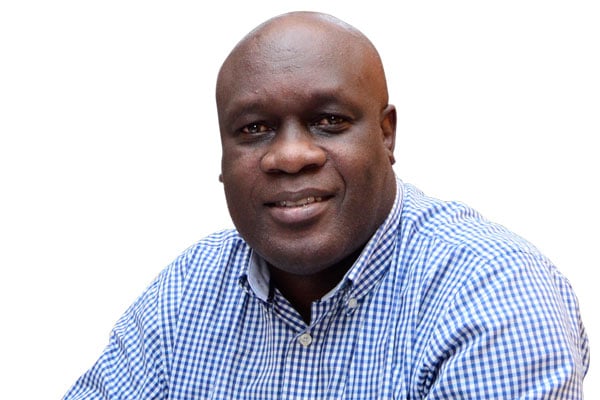Prime
Africa can rise not because of God and prayer but ingenuity

Author: Musaazi Namiti. PHOTO/FILE
What you need to know:
- It is the ingenuity of the people of the US that has made the country a leader.
The article I wrote last Sunday entitled “When will Africans realise God never fixes problems?” stated the obvious, but it created a buzz of excitement on social media that I found baffling.
The vast majority of ‘readers’ commenting on the article on this newspaper’s Facebook page did not even read it. And they proudly said so. It goes to show how you can have educated people who are, to all intents and purposes, illiterate. It does not say much for the quality of our education that people with university degrees choose to believe what they want/what makes them happy, as opposed to what is supported by evidence.
ALSO READ: When religion speaks the political language
Last week’s article and this one are controversial, but I do not write such articles to seek attention. I want Ugandans and Africans in general to reflect deeply and soberly on what they believe; to teach our children (the leaders of tomorrow) to think critically. Critical thinking — the ability to reflect deeply and soberly on claims and ideas of your own, and of others, without emotion, prejudice and subjectivity in order to better evaluate them for their truth, reasonableness and validity — is lacking. Our schools do not teach critical thinking.
That is why, as some thoughtful readers commenting on my article noted, Africa has too many churches and few hospitals, which is a crying shame. Religious people need places of worship, of course, but if you live in a country where life expectancy is 64 years because people often die young due to disease and poverty, it goes without saying that you need more healthcare professionals, more clinics and hospitals, more medical research centres, not churches.
ALSO READ: Is Uganda’s problem lack of legislation?
Some people like to say that the US, the world’s largest economy, is also deeply religious and that there is nothing wrong with Ugandans and Africans in general spending too much time praying to God.
But there is a problem with this thinking. The US, like many truly developed nations, relies not on the power of prayer and God to thrive but on the sheer ingenuity of its people.
In fact, if God mattered at all in human affairs, the US would be in trouble because of what it does to other countries.
It is the ingenuity of the people of the US that has made the country a leader in science and technology. The richest companies and the richest people are found in the US, and the country has ingenuity to thank for this.
By contrast, Africa has little or no ingenuity to speak of, yet it has many problems that should bring ingenuity to life. Many Africans do not want to admit this, but realists — people who accept and deal with a situation as it really is and do not try to pretend that it is different — do. European explorers arrived in Africa and found locals using arrows and spears — inferior weapons to guns.
To this day, Africans buy superior weapons from Europe and Asia.
Where ingenuity existed it no longer exists. In 1879, a Scottish medical student named Robert William Felkin wrote about caesarean delivery in Buganda which, he said, was being done successfully though crudely. Had Ugandans consolidated their medical achievements, they would be the ones receiving Americans for medical treatment.
It is ingenuity, not God and prayer, that can make Africa rise. The problem in much of Africa is that the real role model is not Elon Musk but the pastor who claims, bizarrely, that he was driving on Entebbe Expressway, and God lifted his car into the sky and spoke to him.
Mr Namiti is a journalist and former Al Jazeera digital editor in charge of the Africa desk
[email protected] @kazbuk




